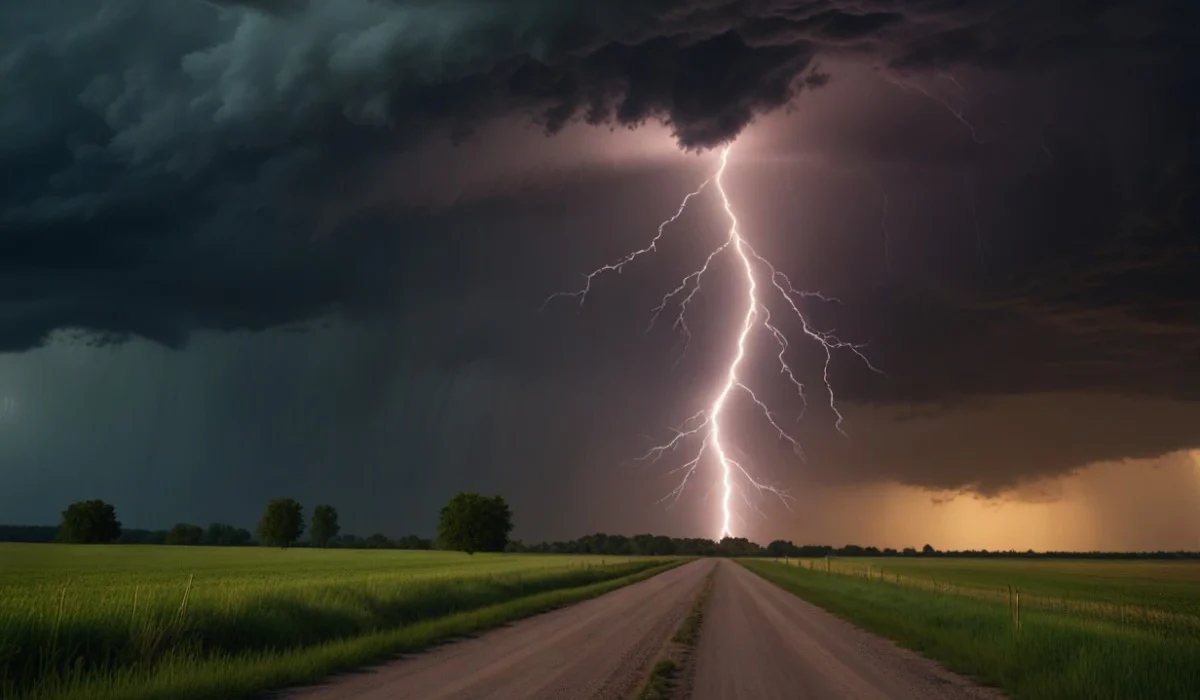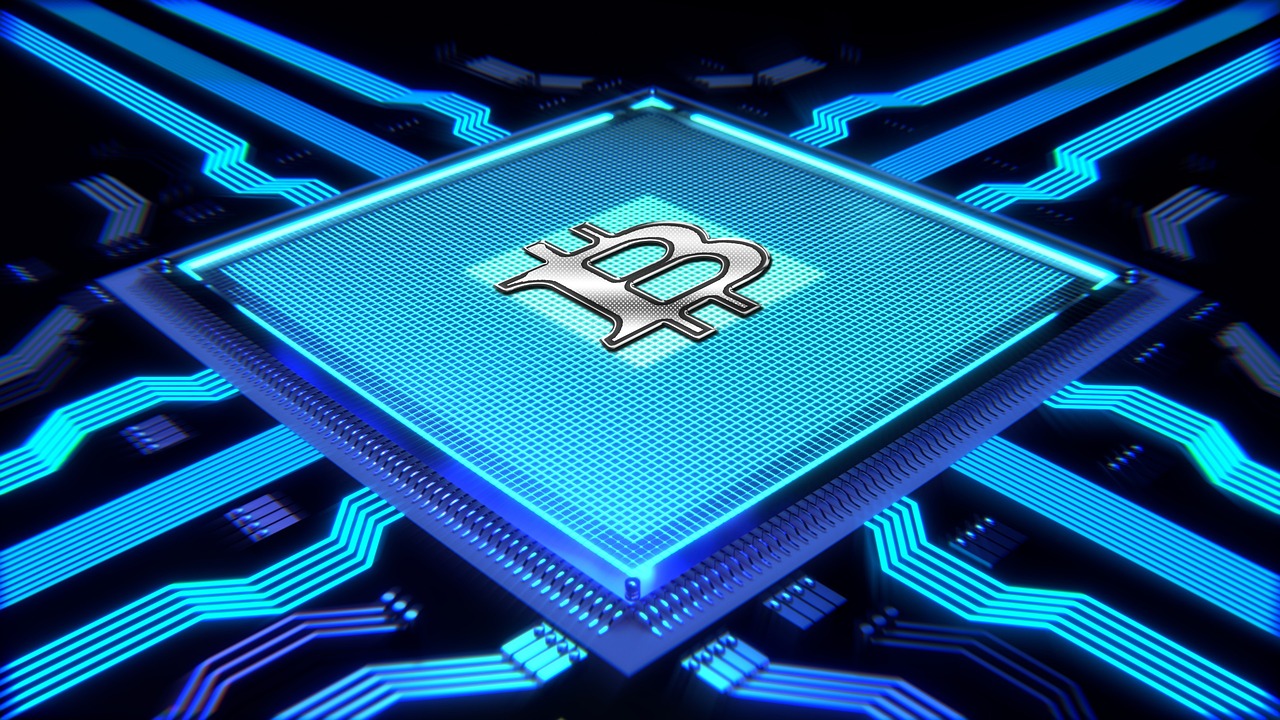The Department of Justice (DOJ) of the US just submitted a reply to rate developer Roman Storm’s request regarding Tornado Cash. Storm tried to prove not guilty in the courtroom. On Friday, the DOJ filed a motion suggesting these facts are the subject of jurors’ decision instead of the defense brigade.
Storm and his joint venture partner, Roman Semenov, are spotted as the ringleaders behind an illegal money-transmitting service. They are being accused of taking part in the organization of money laundering and of violating the sanctions law. Semenov is still at large, but Storm is rescheduled for the court hearing in September.
The defense lawyer claimed that the storm himself did not run the service, but only the North Koreans for whom the Lazarus Group put that to use. They claimed that the difference between coding the platform and running the money laundering platform needed to be more obvious. According to the DOJ, the department proved that this website had Storm as its part, which helped with its web and user interface.
DOJ details Tornado Cash operational control
The DOJ has presented a means of filing a processional setting out the working processes of Tornado Cash. The service debuted in 2019 and has many features, like smart contracts and relays. Although understandable at first sight, these creation stories had a very complicated structure with the pivotal character of Storm, a leader trying to maintain control.
DOJ’s document argues against the allegations that the consumer experience division is separate from the technical section and that financial transactions are not subjected to any control mechanism. These screenshots were instrumental in proving the integrity of the government lawsuits. The points above aim to prove that Storm and co-founders monitored the mixer in its operational process.
Proper role rotation among the actors is the heart of the JMZ case. According to many of the claimants, the founders were not only passive developers but active Boosters who ensured the transactions remained private and hidden from any unintended party or person. This measure involved those who had been targeted for such problems by the US and sanctioned for criminal activities.
DOJ to challenge crypto operations in upcoming trial
According to the schedule, Roman Storm’s trial is scheduled for September 2024, and Roman Semenov is currently absent without a trace. This court case could potentially result in a number of consequential issues for the cryptocurrency community regarding developers’ legal obligations.
The DOJ shall submit during the trial the evidence that would counter the venue in which Tornado Cash was handled and used. Namely, it refers to the early engineers who contributed to the development of the technology that might be used for illegal purposes and sufficient protection of privacy.







